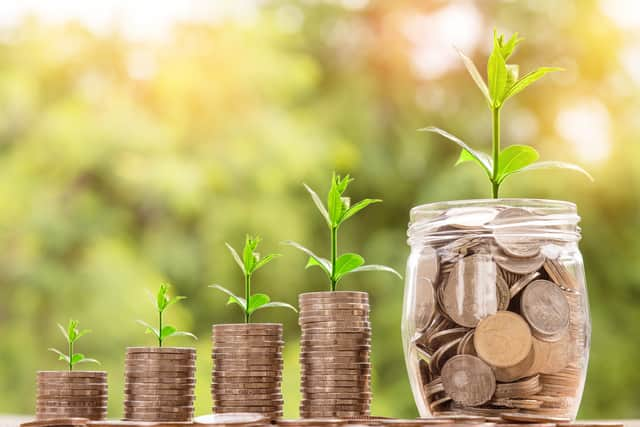Inflation drops below 10 percent for first time since last year - what it means for you
and live on Freeview channel 276
The rate of inflation is finally back in single digits easing to 8.7% last month for the first time since last year. According to the Office for National Statistics this figure is down from the 10.1% recorded in March as gas and electricity costs remained stable compared to the unprecedented leap recorded in the same month last year.
Last spring saw the energy price cap lifted by 54% to £1,971 to reflect the impact of Russia’s war in Ukraine on European gas and electricity supplies. Since the invasion, energy costs have been the main source of the cost of living crisis which has seen energy bills soar - affecting the overall economy.
Advertisement
Hide AdAdvertisement
Hide AdBut while the inflation rate has eased, those on budgets will still be affected as earnings still do not match the rate of price rises. The Bank of England has been initiating interest rate hikes to try to combat pressure on prices and to dampen demand in the economy. Meanwhile, there is speculation on whether bank rates will be raised further next month following 12 consecutive increases.
According to Sky News energy regulator, Ofgem, is tipped to reveal on Thursday (May 25) that the price cap will fall to £2,053 per year from July-September. That is down from the £3,280 level set for March-June which was largely irrelevant as the government’s Energy Price Guarantee was in place.


What does inflation mean
The Bank of England website says the average increase in prices is known as the inflation rate. So if inflation is 3%, it means prices are 3% higher (on average) than they were a year ago. For example, if a loaf of bread cost £1 a year ago and now it’s £1.03 then its price has risen by 3%
